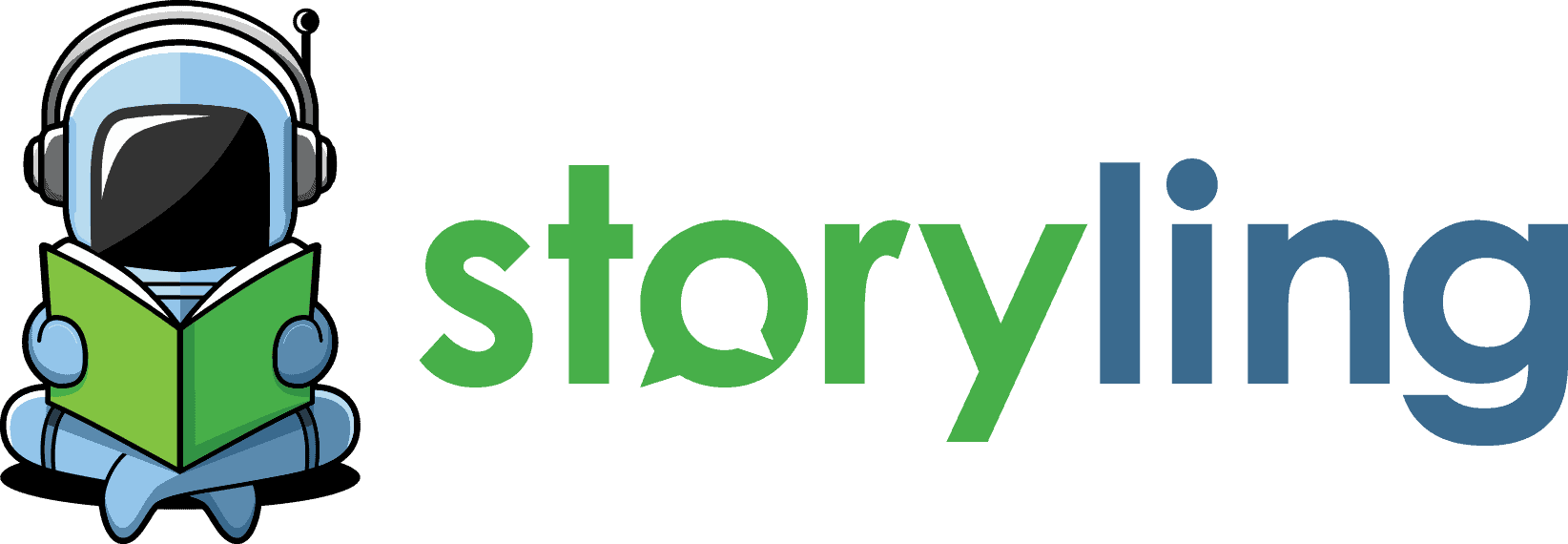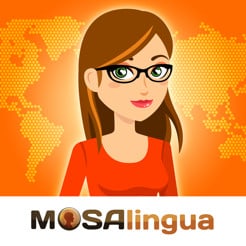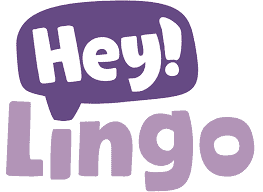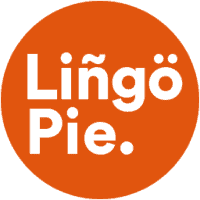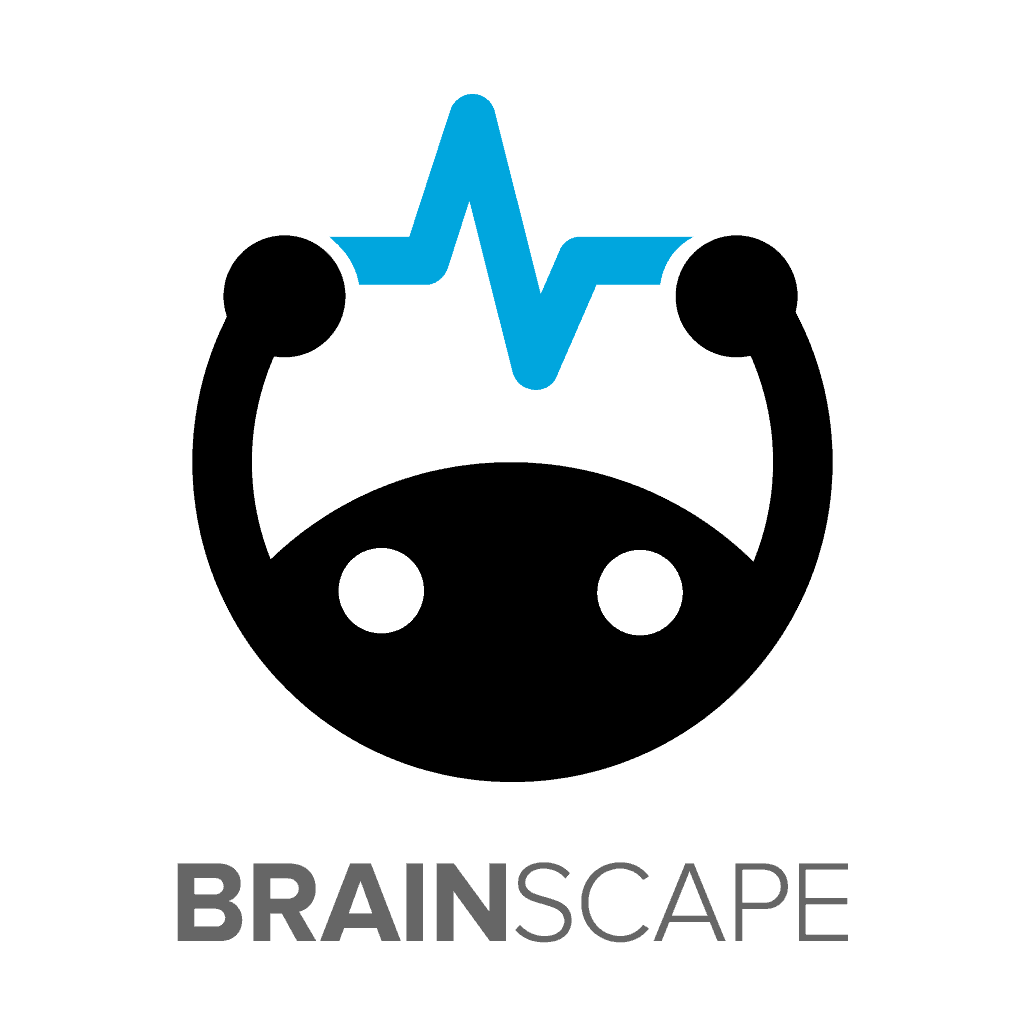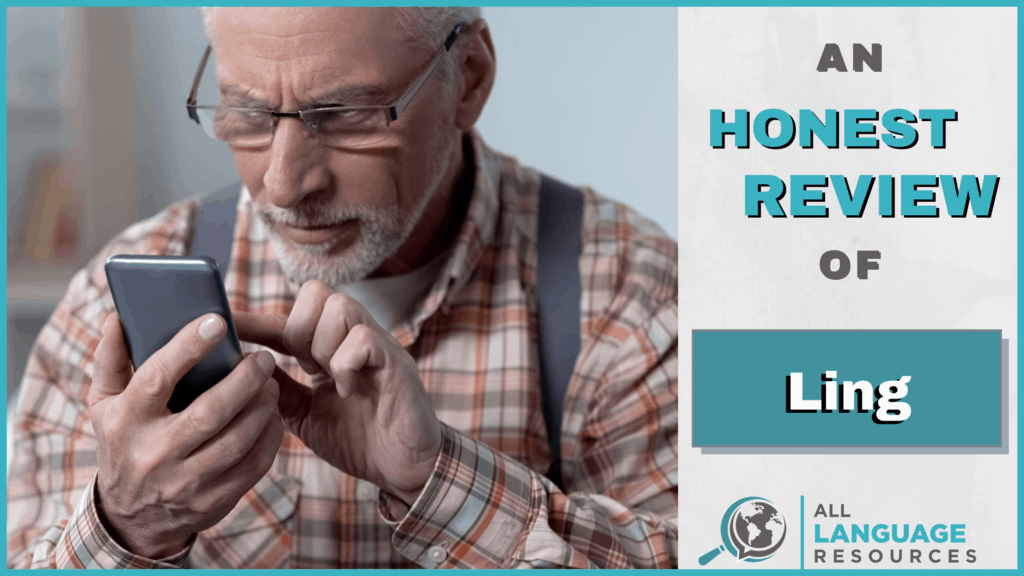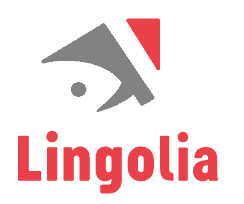Storyling Mini-Review: Simple, Quality Content
Storyling
Summary
Storyling solves the problem of looking for reading content appropriate to your language level. Each story has been written, translated, and narrated by native speakers, and are divided into beginner, intermediate, and advanced levels. They cover a variety of topics, including stories, history, news, and trivia. You can click on each word in the story for a translation, or you can reveal a full translation of each paragraph as needed. You can also save unknown words to review in a flashcard section, although it is unclear whether the flashcards use SRS or are sorted randomly. The Spanish section already contains over 150 stories, while the other languages are still developing in the Beta phase. Compared to other products, it is a bit pricey for what is offered, but they do have a very simple, intuitive, and attractive user interface with quality content. For more reading or listening that is concentrated on current events, check out News in Slow; for more dialogue-based listening and reading, check out LanguagePod101.
Storyling Mini-Review: Simple, Quality Content Read More »

